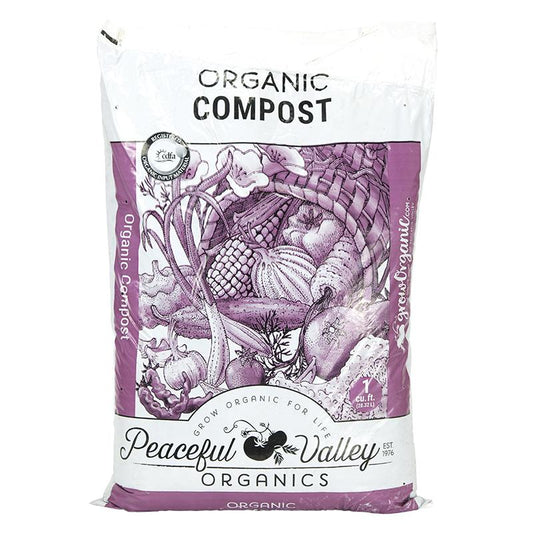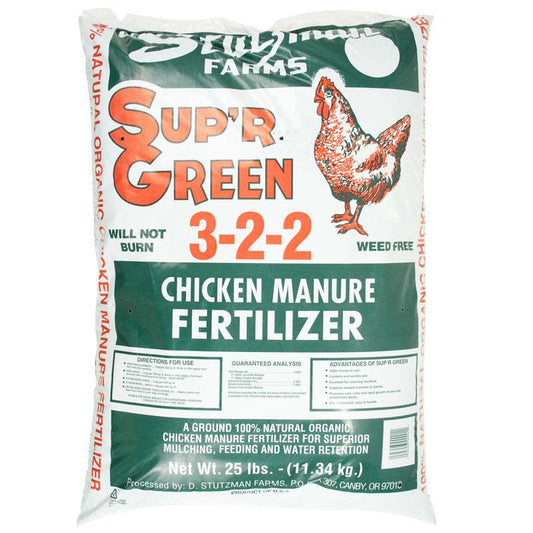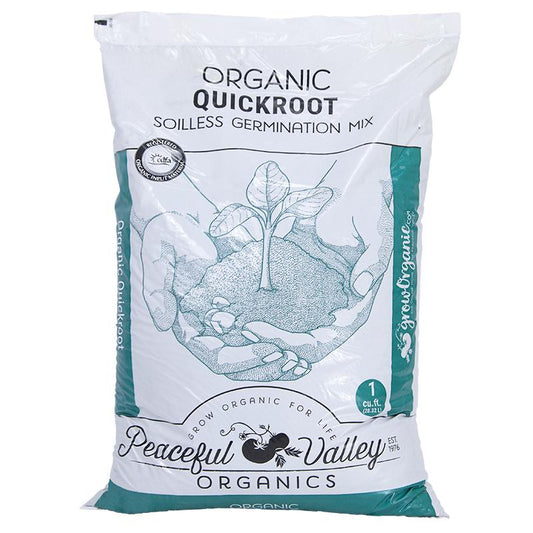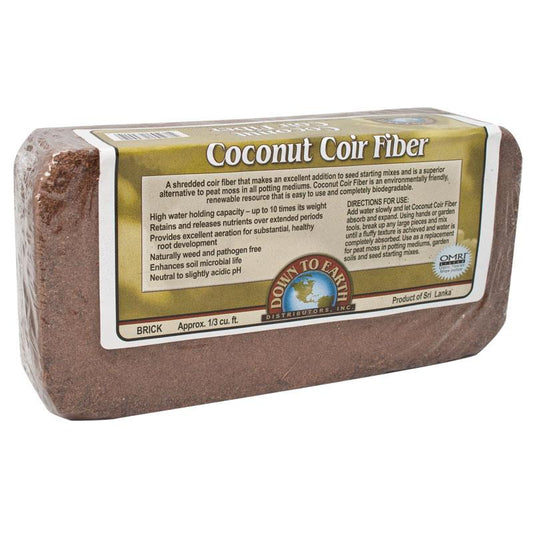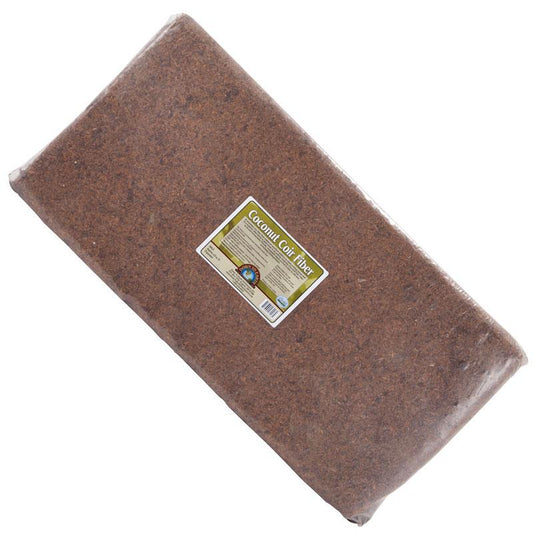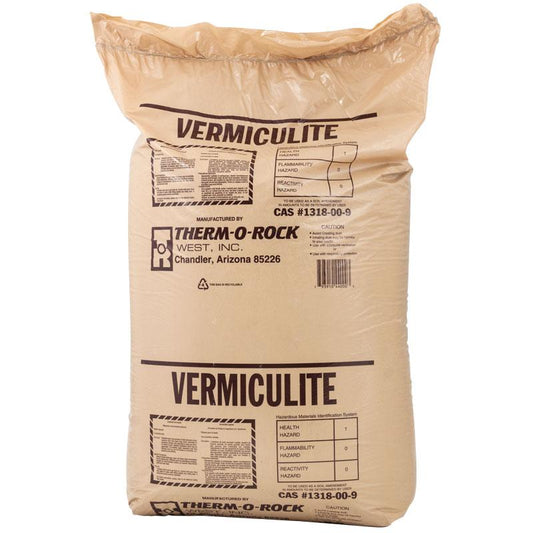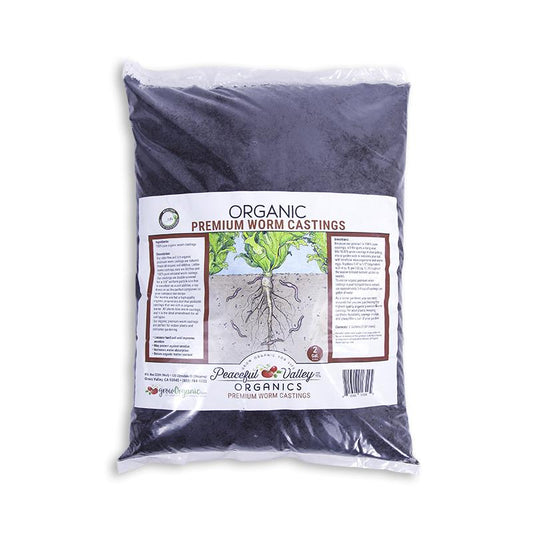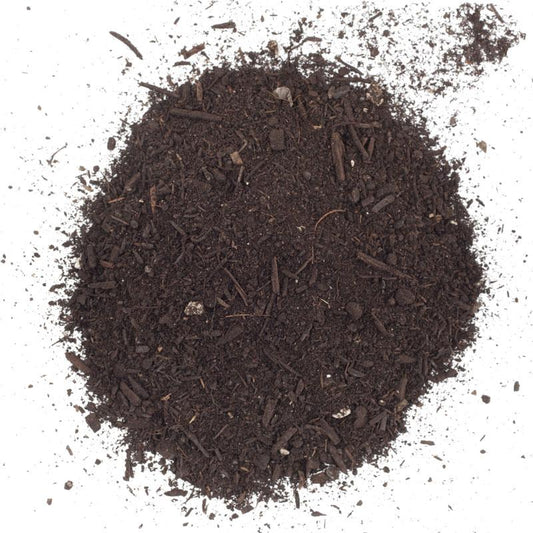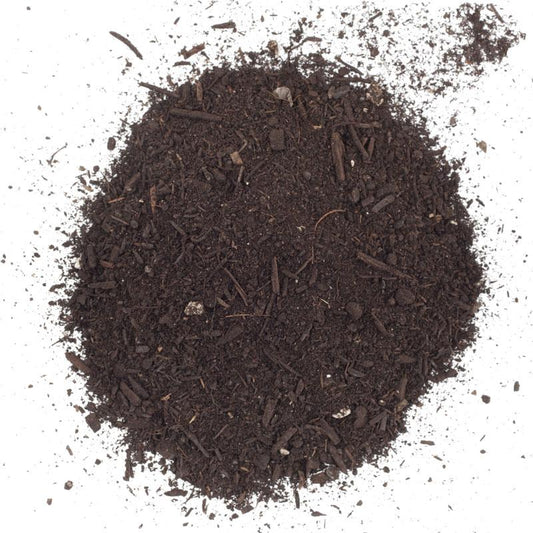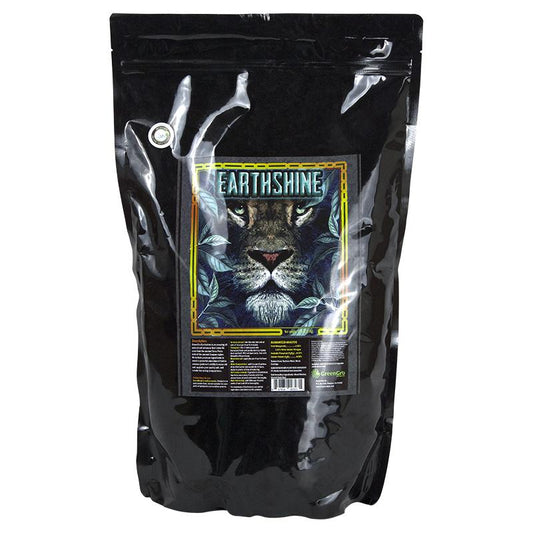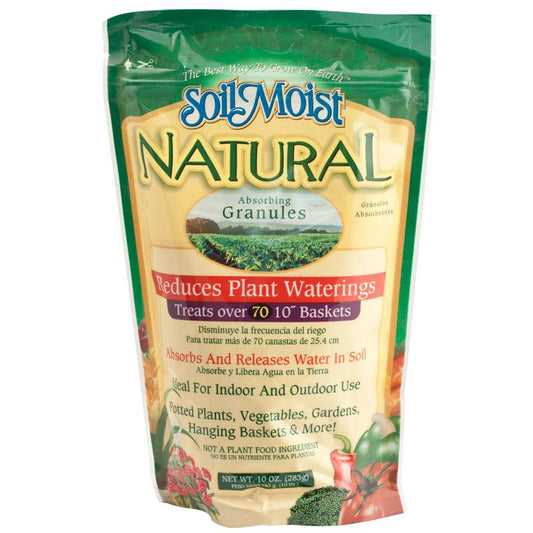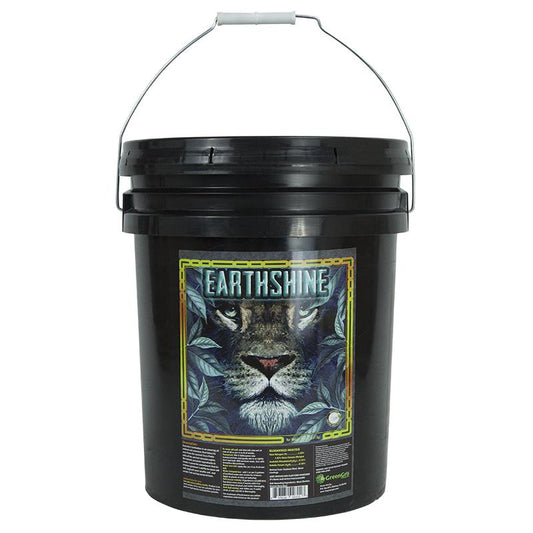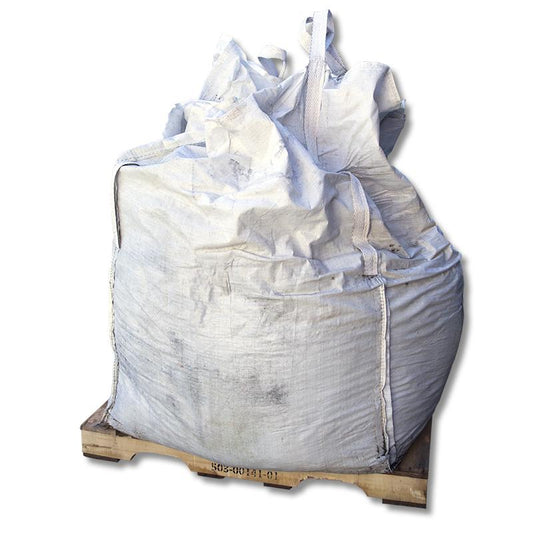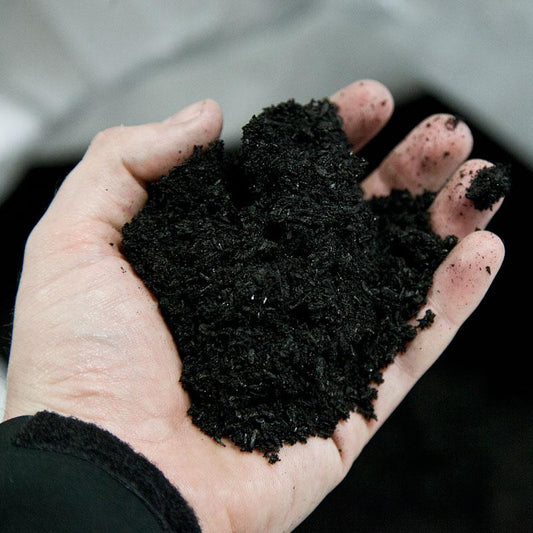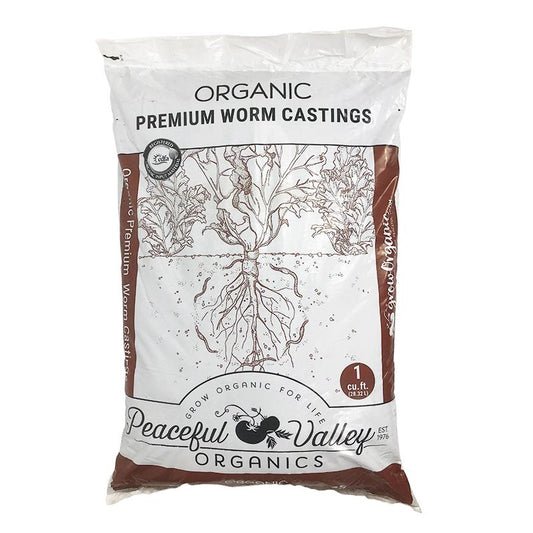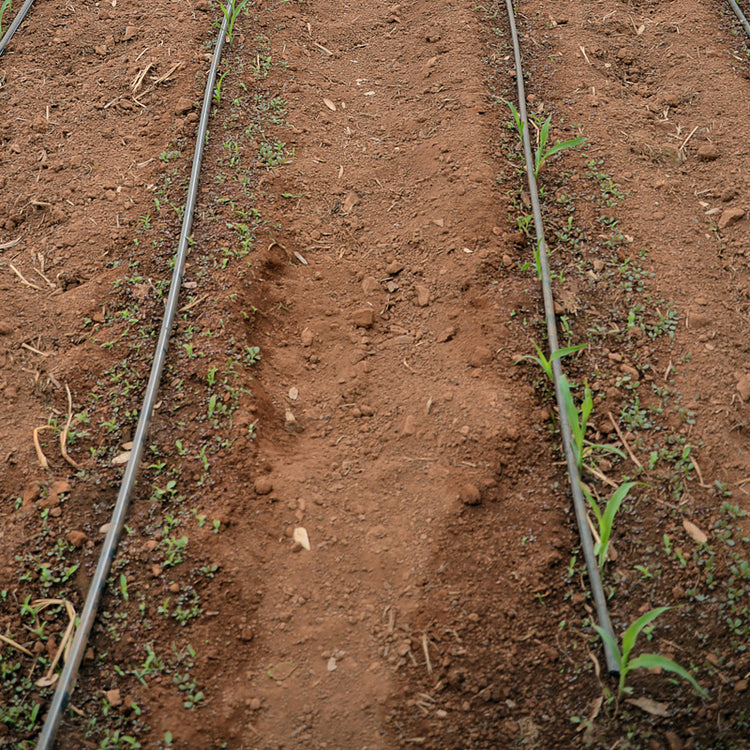Enhancing Soil Water Holding Capacity: A Range of Products
Soil water holding capacity is a crucial factor in successful gardening and agriculture. The ability of soil to retain moisture directly impacts plant health, growth, and overall productivity. To address this essential aspect of soil management, various products have been developed to improve water-holding capacity.
Organic Compost
Organic compost is a fundamental component in improving soil water holding capacity. Compost is rich in organic matter, which helps soil retain moisture by increasing its ability to absorb and hold water. It also improves soil structure, making it more porous and allowing for better water infiltration. Composting kitchen scraps, yard waste, and other organic materials is an eco-friendly way to create nutrient-rich compost that can significantly enhance soil's water retention abilities.
Coco Coir
Coco coir, also known as coconut coir, is a natural fiber extracted from the husk of coconuts. It is a popular choice for improving soil water holding capacity due to its excellent moisture retention properties. Coco coir can hold up to ten times its weight in water, making it an ideal choice for both indoor and outdoor gardening. It also improves soil aeration and promotes root development, contributing to overall plant health.
Peat Moss
Peat moss is another commonly used soil amendment to increase water holding capacity. It is particularly effective in acidic soils and acts as a sponge, retaining moisture and preventing it from evaporating too quickly. Peat moss can be mixed into the soil or used as a top dressing to help maintain consistent moisture levels in the root zone. However, using peat moss sustainably is important, as it is a non-renewable resource.
Vermiculite
Vermiculite is a mineral-based product that is often used to improve soil's water retention capabilities. It is lightweight and has the ability to absorb and hold water, releasing it slowly to plant roots as needed. Vermiculite also enhances soil aeration and improves nutrient availability, making it a valuable addition to garden soil.
Perlite
Perlite is another mineral-based product that can enhance soil water holding capacity. Unlike vermiculite, perlite does not absorb water but improves soil structure by increasing porosity. This allows for better drainage while still retaining adequate moisture for plant roots. Perlite is often used in potting mixes to create a well-balanced growing medium.
Hydrated Soil Polymers
Hydrated soil polymers are advanced water-absorbing products that can significantly improve soil water retention. These polymers can absorb their weight in water hundreds of times and slowly release it to plant roots, reducing the need for frequent irrigation. They are particularly beneficial in arid regions or for drought-sensitive plants.
Mulch
Mulching is a simple but effective way to improve soil water holding capacity. Mulch acts as a protective layer on the soil's surface, reducing evaporation and preventing moisture loss. Organic mulch, such as straw, wood chips, or shredded leaves, can decompose over time, enriching the soil with organic matter and enhancing its water retention capabilities.
In Summary
Enhancing soil water holding capacity is crucial for successful gardening and agriculture. The products mentioned above offer a range of options for improving moisture retention in your soil, catering to various plant types and soil conditions. Whether you choose to amend your soil with organic compost, coco coir, peat moss, vermiculite, perlite, hydrated soil polymers, or simply apply mulch, these products can help you achieve healthier, more resilient plants and better crop yields. Understanding the unique properties of each product will enable you to make informed decisions about which one best suits your gardening needs.
For more information on our growing supplies, click here.
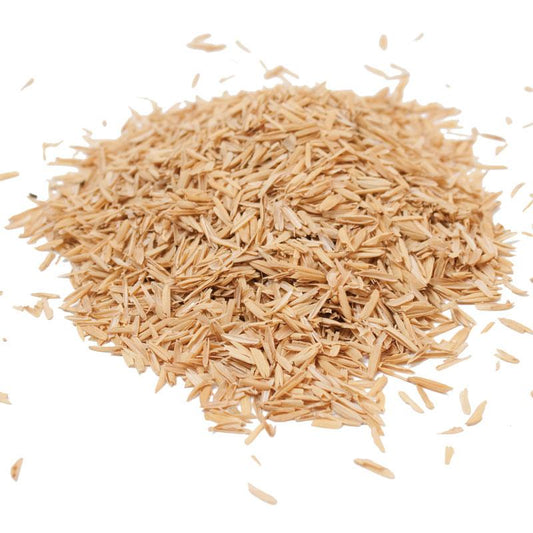 Sold out
Sold out

